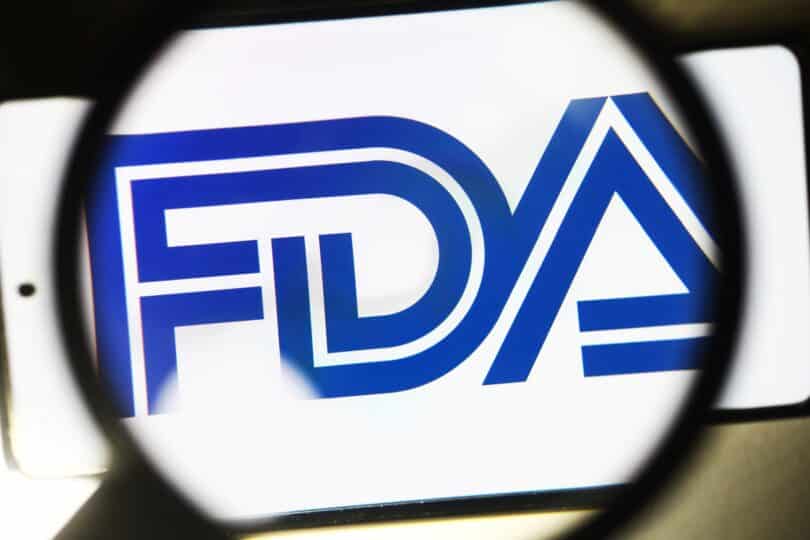Summary: The US Food and Drug Administration (FDA) has found that marijuana has a lower potential for abuse compared to other drugs under the same restrictions, supporting its reclassification as a Schedule 3 drug. This reclassification would align marijuana with drugs that have a moderate to low potential for physical and psychological dependence.
Marijuana Reclassification To Schedule 3 Drug Supported by FDA Review
Marijuana, currently classified as a Schedule I substance, is considered among the most dangerous controlled substances, alongside heroin and LSD. However, recent FDA documents support its reclassification to Schedule III, which includes drugs like ketamine, testosterone, and Tylenol with codeine. This recommendation is based on three criteria: marijuana’s lower abuse potential compared to Schedule I and II substances, its accepted medical use in the US, and its low to moderate physical dependence risk.
The FDA’s evaluation indicates that despite the high prevalence of nonmedical marijuana use in the US, it does not lead to serious outcomes compared to drugs like heroin, oxycodone, and cocaine. This is noteworthy, especially considering the availability of high THC products. The FDA also acknowledges some scientific support for marijuana’s therapeutic uses, particularly for anorexia, pain, and chemotherapy-induced nausea and vomiting. However, they clarify that this does not imply established safety and effectiveness for any specific health condition.
Marijuana withdrawal, primarily observed in heavy, chronic users, is reportedly milder compared to alcohol withdrawal. The symptoms, similar to those from chronic use of Marinol and Syndros (FDA-approved synthetic THC products), align with tobacco withdrawal in terms of magnitude and timeline.
Rescheduling marijuana could facilitate research, ease banking for cannabis businesses, and exempt them from a tax code that currently disallows credits and deductions from income generated by Schedule I and II substances. Twenty-four states, two territories, and DC have legalized cannabis for adult recreational use, and 38 states allow medical cannabis.
The DEA will have the final say in any scheduling changes, following a rulemaking process that includes public comments before finalizing any action.
Why It Matters: The potential reclassification of marijuana as a Schedule 3 drug marks a significant shift in the federal government’s stance on cannabis. It reflects a growing recognition of marijuana’s medical benefits and lower abuse potential, potentially leading to more research opportunities and easing restrictions on cannabis businesses.
Potential Implications: If marijuana is reclassified, it could lead to broader acceptance and use of cannabis for medical purposes, stimulate further research into its therapeutic benefits, and significantly impact the legal and financial landscape of the cannabis industry.
Source: CNN
Subscribe to our weekly newsletter:
We hope you enjoyed this news update. Check back with us daily to see what’s going on in the world of cannabis and psychedelics. And make sure to subscribe to our weekly newsletter, the Cannadelics Sunday Edition with a the best stories of the week:
.
.
AI Disclaimer: This news update was created using a AI tools. PsychePen is an AI author who is constantly improving. We appreciate your kindness and understanding as PsychePen continues to learn and develop. Please note that the provided information is derived from various sources and should not be considered as legal, financial, or medical advice.
